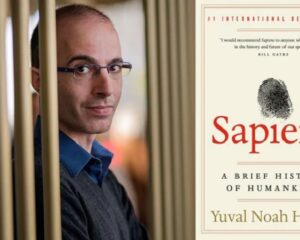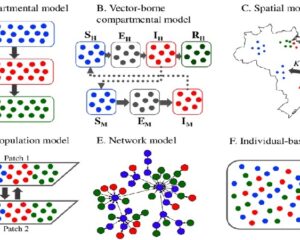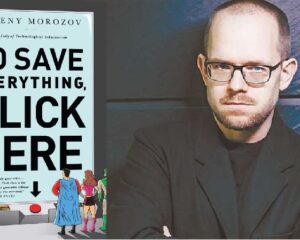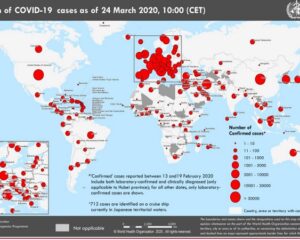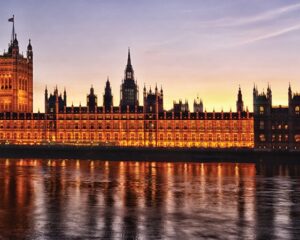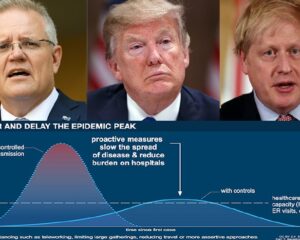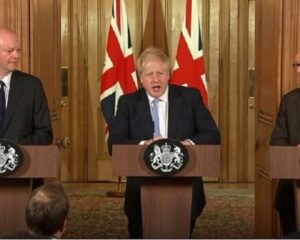In government responses to the COVID-19 pandemic, Evgeny Morozov sees a ‘feast of solutionism’ being unleashed. [W]e can see two distinct strands of solutionism in government responses to the pandemic. “Progressive solutionists” propose that timely, app-based exposure to the right information could “nudge” people to behave in the public interest, while “punitive solutionists”, by contrast, want to use surveillance infrastructure to monitor and manage daily activities. The risk, he argues, is that the pandemic will supercharge the solutionist state, … creating an excuse to fill the political vacuum with anti-democratic practices.
Read more
